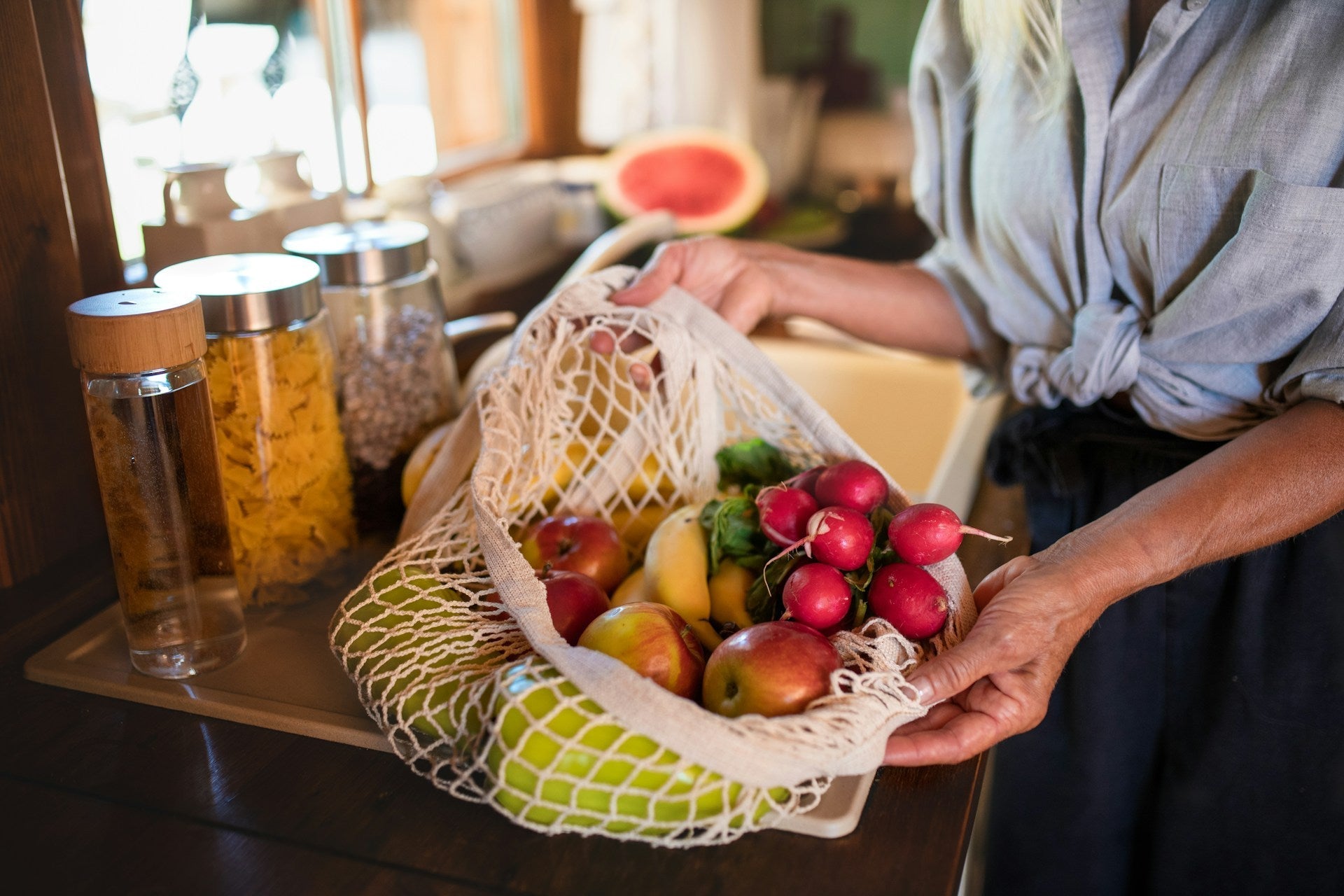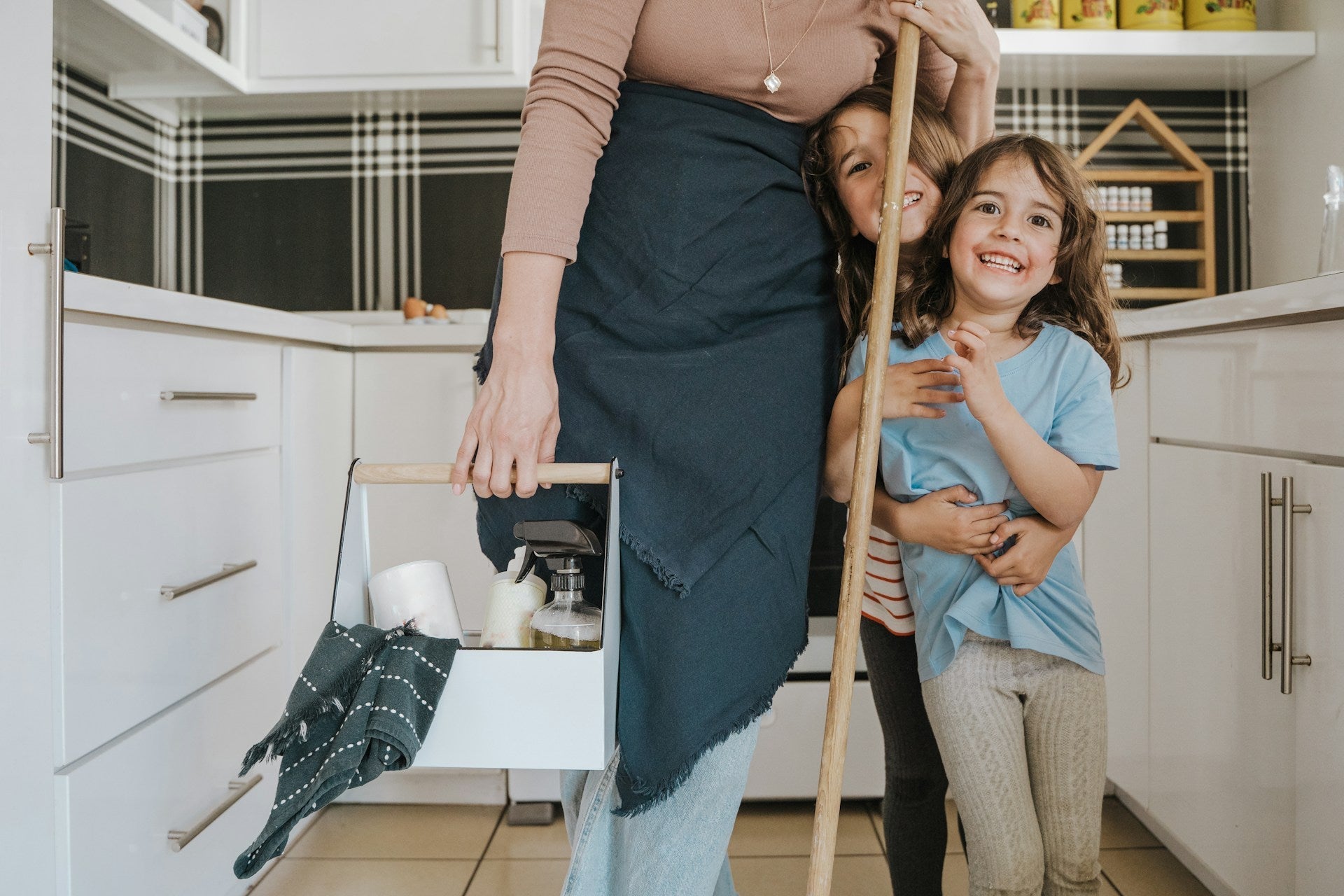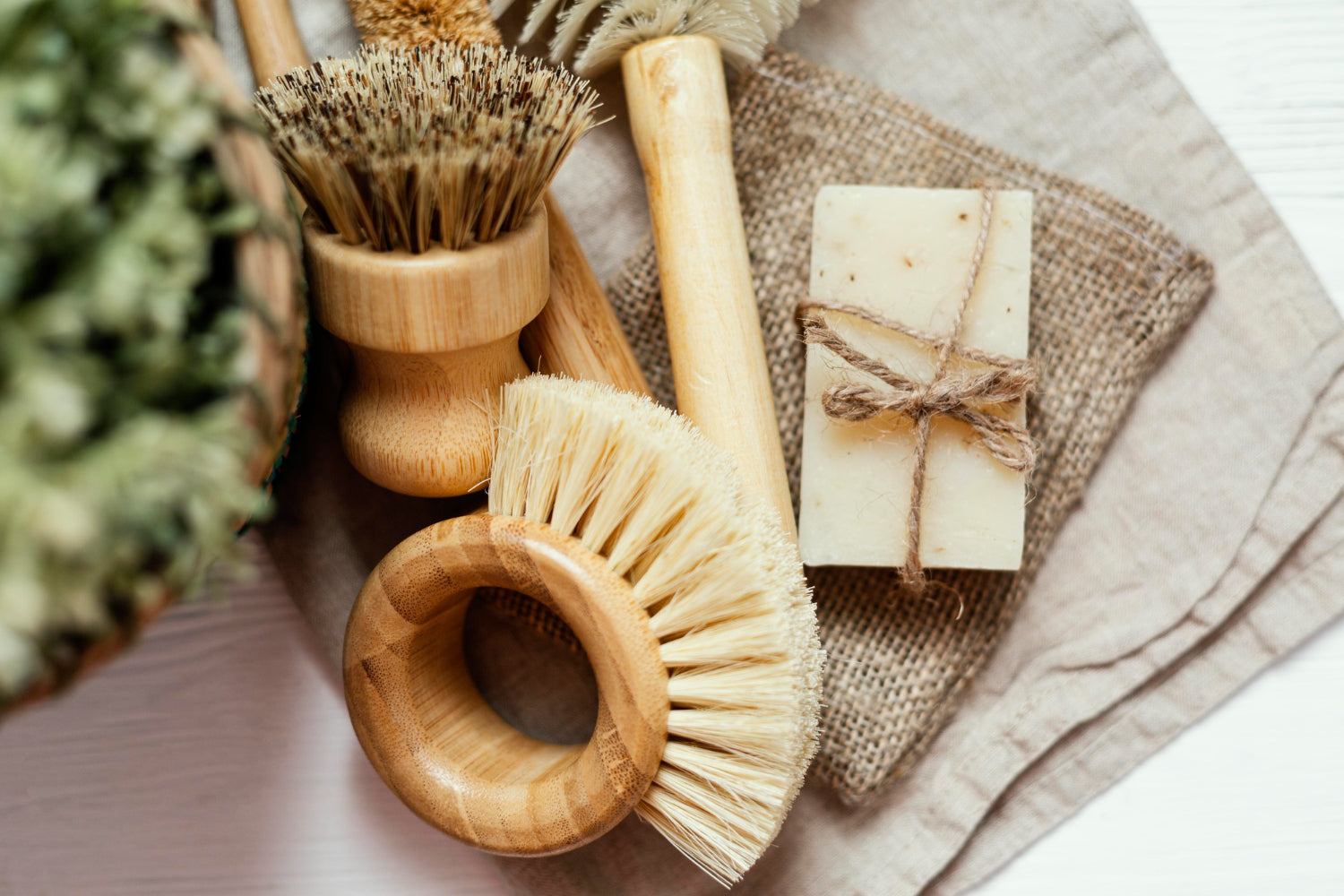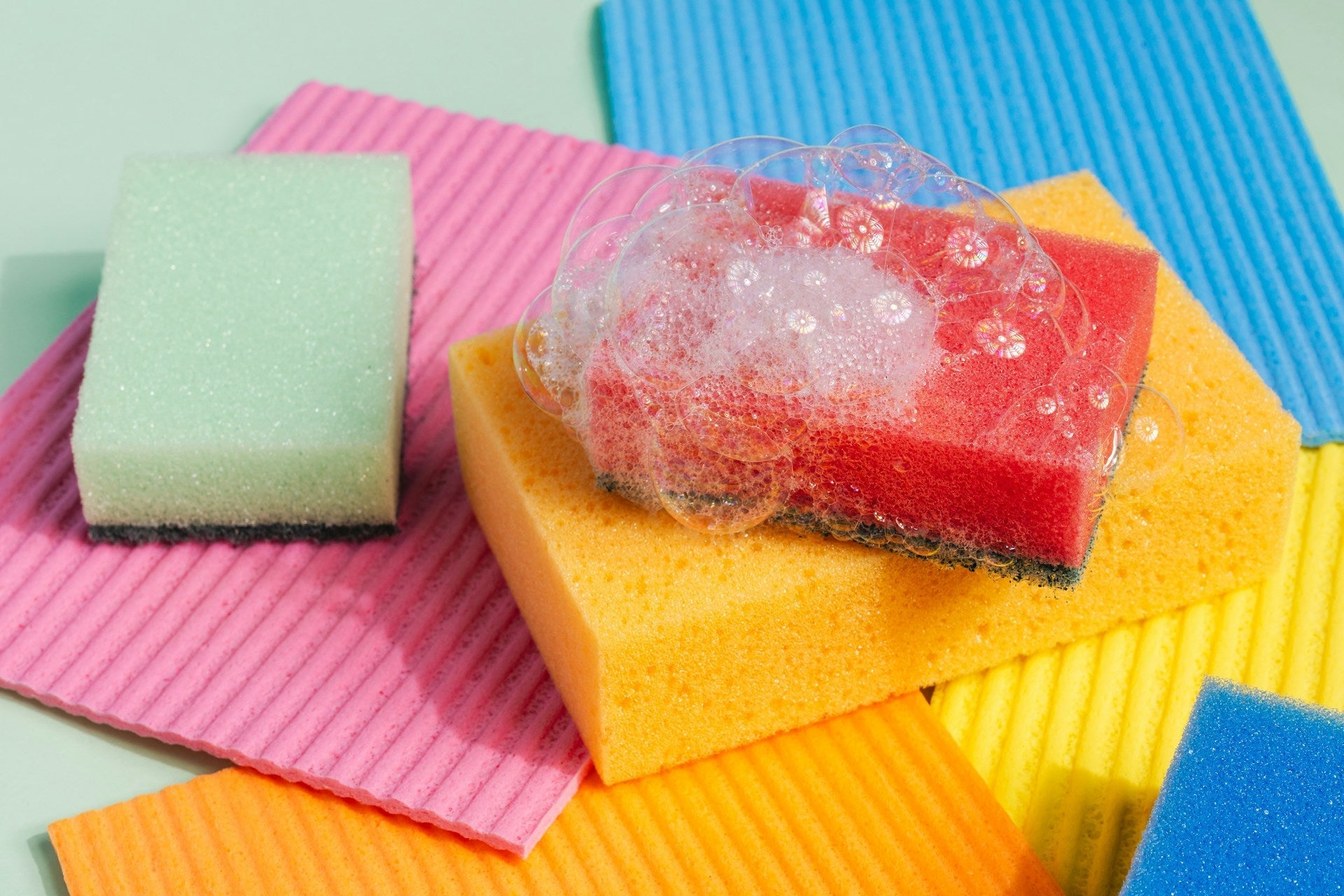Living a zero-waste lifestyle doesn't have to break the bank or feel overwhelming. A lot of sustainability content feels out of reach, like you need fancy containers or expensive swaps. But the truth is, zero-waste habits started from necessity, not luxury. It’s about making the most of what you already have and using resources wisely. That’s not only good for the planet—it’s great for your wallet too.
August is the perfect time to reset and try new habits that make life simpler and less wasteful. Even small changes can bring big results when it comes to saving money and reducing trash. If zero-waste sounds expensive or difficult, it helps to start with easy steps that naturally fit into your routine. These practical ideas prove that living with less waste can fit any budget—and feel good too.
Use What You Already Have
Before heading out to buy something new, take a second look at what’s already lying around. You’d be surprised how much you can do with items you already own. That’s the easiest way to start cutting waste without spending any money.
Old T-shirts? Turn them into cleaning cloths or lunchbox wraps. Empty jars from pasta sauces or pickles? Clean them out and use them to store dry beans, rice, or snacks. Plastic containers from takeout? Rinsed and reused, they’re perfect for storing leftovers or organizing small items around the house.
- Turn old T-shirts into cleaning rags
- Reuse containers and bottles for storage
- Keep rubber bands, bread bags, and twist ties for later use
This step is both thrifty and fun. You’ll start to think more creatively and develop a quick habit of assessing what can be reused or repaired. Before you know it, you’ll be bypassing the “add to cart” urge and focusing on breathing new life into what’s already in your home.
Refurbishing small appliances or mending clothes not only keeps useful items out of landfills but saves you money too. The longer you make your things last, the fewer new items you’ll need to buy.
Buy Smarter By Buying in Bulk
Buying in bulk doesn’t mean filling your cupboards with more food than you'll eat. It’s about making smarter choices, buying only what you need, and reducing packaging waste.
Shopping this way can help you cut costs over time. If your local grocery store offers a bulk section, bring your own containers to stock up on beans, grains, flour, and spices. You can get just the amount you need, which helps reduce waste and clutter in your pantry.
To keep purchases thoughtful and budget-friendly:
- Only purchase what you need
- Bring your own containers and reusable bags
- Stick to a grocery list to avoid impulse buys
Buying in bulk makes you more intentional about your food storage and planning. It can lead to fewer trips to the store, less forgotten food going to waste, and less plastic packaging coming into your home. Over time, it becomes second nature to plan ahead, shop well, and waste less—both food and money.
Opt for Compostables in a Pinch
There are going to be situations where reusable items aren’t practical. Backyard BBQs, birthday parties, and busy weekdays can call for easier solutions. That’s where compostable products come in.
Plates, cups, or utensils made from compostable materials like sugarcane or corn are designed to break down quickly and leave less impact on the environment. They give you the convenience of disposables without the long-term waste.
Compostables are a great choice when:
- Hosting a party or event with lots of guests
- Traveling or packing for long trips
- You’re having an off day and don’t want extra dishes
They’re an affordable way to lower your environmental impact without adding extra work. Using compostable items also helps reduce the amount of garbage produced, which can cut down on trash bags and waste disposal fees. When your trash can isn’t full of plastic plates and utensils, you’re saving more than just space.
Invest in Reusables
Reusable items are one of the best swaps you can make, and they usually pay for themselves quickly. You don’t need to change everything at once. Start small with the things you use often.
Instead of getting a new plastic bag every time you shop, bring a cloth tote. Ditch the paper coffee cups for a stainless steel travel mug. Say goodbye to buying disposable razors over and over.
These little changes build new habits and save money long-term by cutting constant repurchasing:
- Reusable grocery bags
- Refillable water bottles
- Cloth napkins and sandwich wraps
- Stainless steel or glass food containers
Look for items that are made to last. Beeswax wraps, for example, are a great alternative to cling wrap. Glass jars work just as well for leftovers as plastic takeout containers. The upfront cost of reusable products might seem high, but their repeated use means fewer items bought down the road.
To stay motivated, keep track of skipped purchases. You’ll start to notice extra room in your cabinets—and your wallet.
Creative Reuse and Community Sharing
Buying brand new isn’t always necessary. Sometimes the best resources are already in your neighborhood. Getting creative with reuse and leaning into community options is low-cost and can be fun too.
Neighborhood swap groups, tool libraries, or local Buy Nothing pages can help you find what you need for free or in exchange for items you no longer use. These groups are built around people giving gently-used items a second life.
Here are a few community-based habits you can try:
- Attend local swap events
- Mend clothes instead of tossing them
- Borrow tools or equipment from a local library or lending group
Giving an item a new use or passing it on to someone else creates less waste—and saves cash. French press broken? Fix it instead of replacing it. Need a shovel for a one-time job? Borrow instead of buy.
Upcycling and mending are small wins that build your connection to what you own. There's a real sense of accomplishment in giving something a new purpose or helping someone else do the same.
Smart, Low-Waste Habits for Any Budget
Living with less waste doesn't mean living with less joy or comfort. By leaning into what you have, buying with intention, and thinking a bit more creatively, you can build a lifestyle that’s good for your budget and better for the environment.
There’s no need to do everything at once. Start small. Turn one reused jar into a pantry all-star. Swap single-use bags for reusables. Ask your neighbors if they’re interested in a clothing swap. These are simple actions that add up over time.
Zero-waste doesn’t mean perfection. It means progress that feels manageable. Over time, you’ll notice less clutter, less trash, and maybe even a little more money in your pocket. Making thoughtful, budget-conscious choices helps create lasting habits—and that’s the kind of change that sticks.
Ready to take the next step in your zero-waste journey? Simplify your routine and stay mindful at home with eco-friendly trash bags that support both your sustainability goals and your budget. Plastno makes it easier to make practical, low-waste choices every day—starting with what goes into your bin.






Share:
Fixing Wear and Tear Issues with Natural Cleaning Sponges
Unmasking Microplastics: The Hidden Danger Lurking in Our Everyday Lives